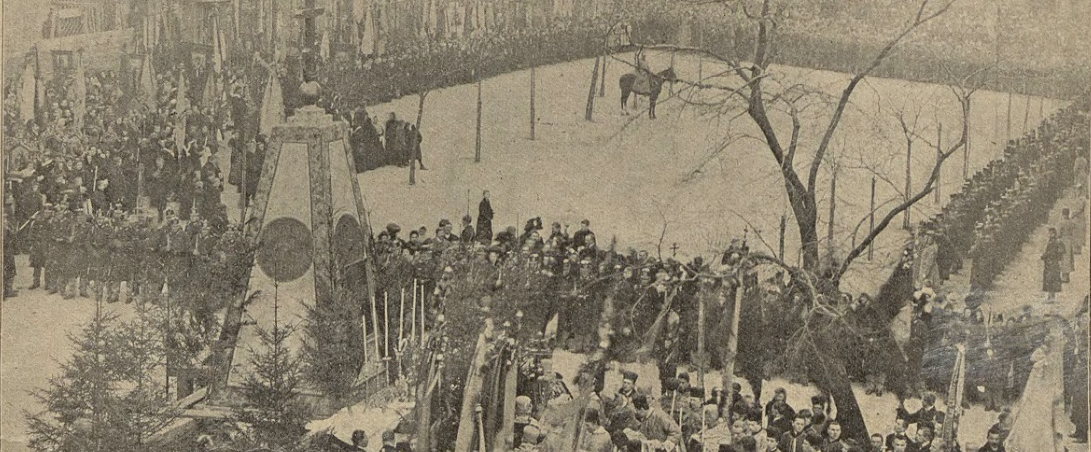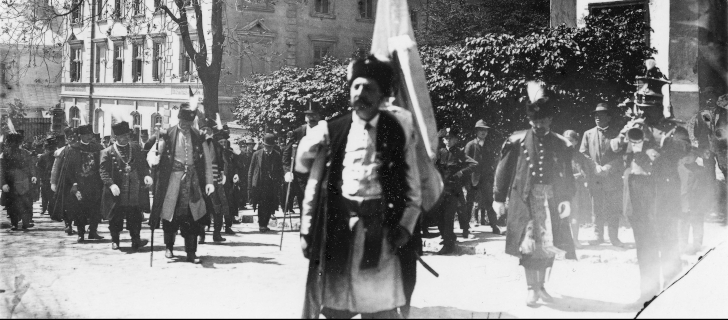

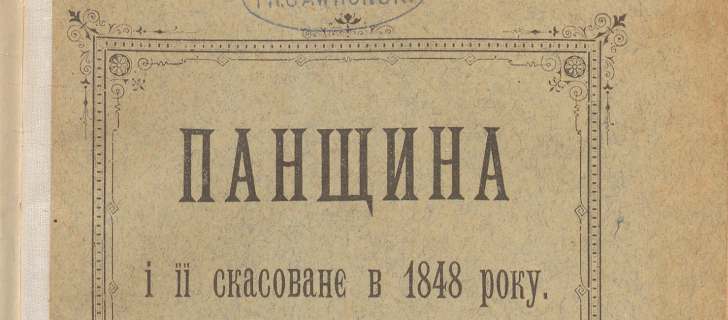
Commemoration of the 50th anniversary of the abolition of corvee labour held in Lviv (1898)
The anniversary of the "liberation of the peasantry", which was marked by a celebration in the capital of the crown province, was a confirmation of the status of Lviv both as a place where public policy was made and as a symbolic city for which national projects competed. The large-scale character of the "Ruthenian action" was, as usual, to be provided by peasants from throughout the province.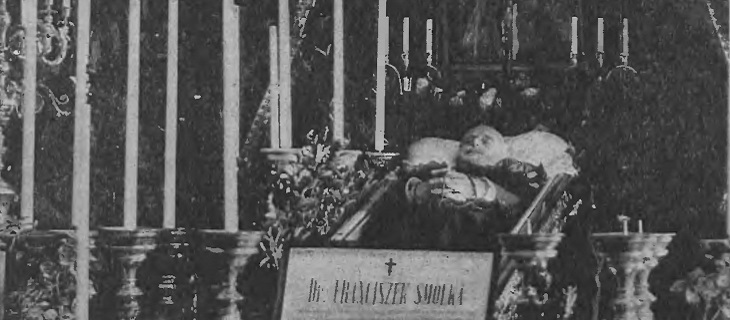
The Funeral of Franciszek Smolka (1899)
Franciszek Smolka funeral on December 7, 1899 was one of the many national events that funerals of figures of this magnitude usually turned into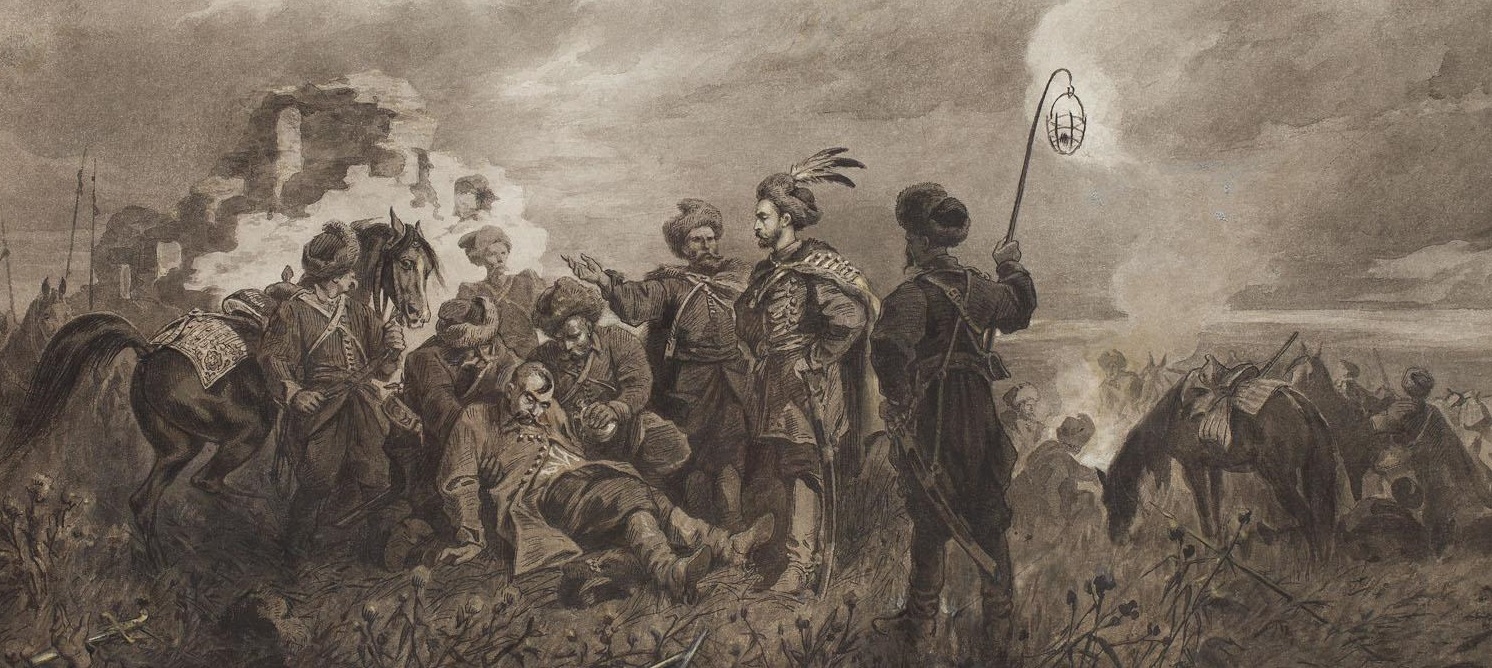
The Henryk Sienkiewicz visit to Lviv (1900)
From April 29 to May 5, 1900 an outstanding Polish writer, the author of the The Crusaders and With Fire and Sword, Henryk Sienkiewicz visited Lviv. That event became one of the most noticeable in the public life of Lviv and one of the most remarkable ones for the Polish part of Lvivites.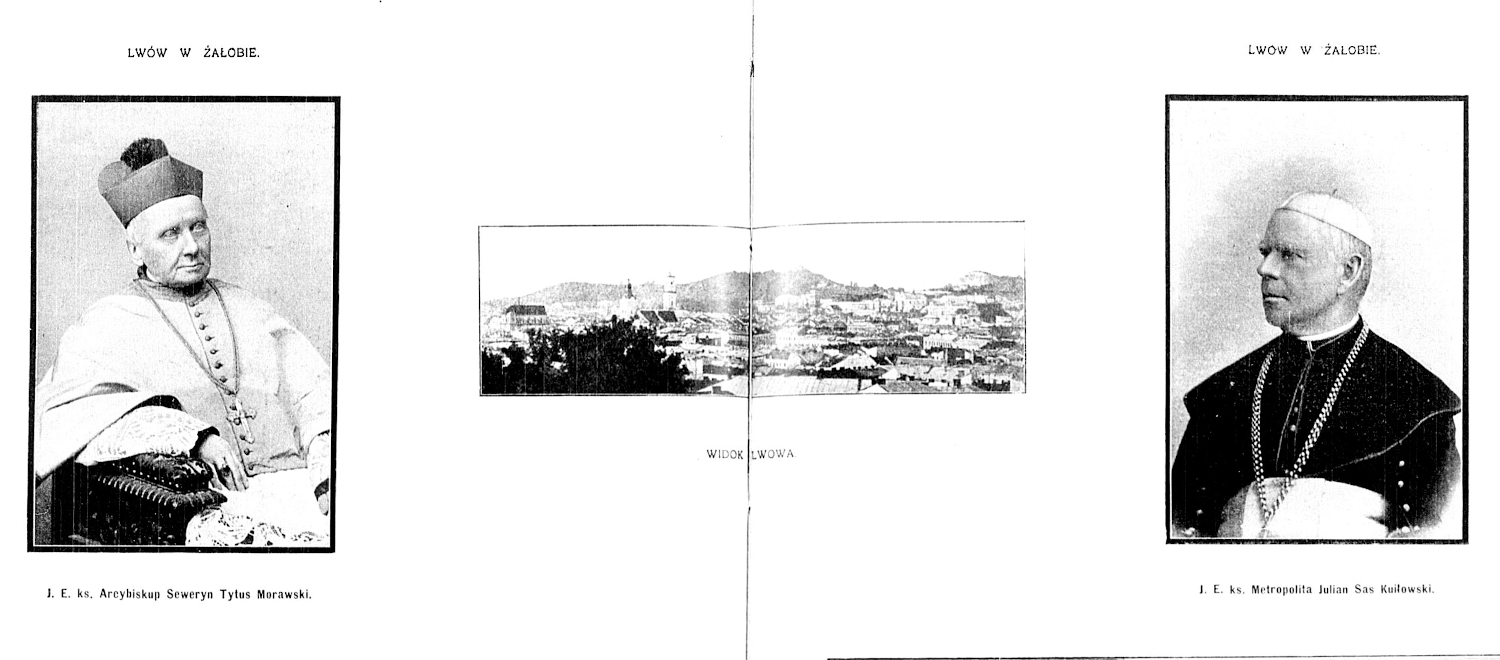
Funerals of Archbishops Morawski and Kuilovskyi (1900)
In early May 1900, the funerals of the hierarchs of the two largest religious communities of the province took place in Lviv: the Roman Catholic Archbishop Seweryn Morawski and the Greek Catholic Metropolitan Yulian Kuilovsky.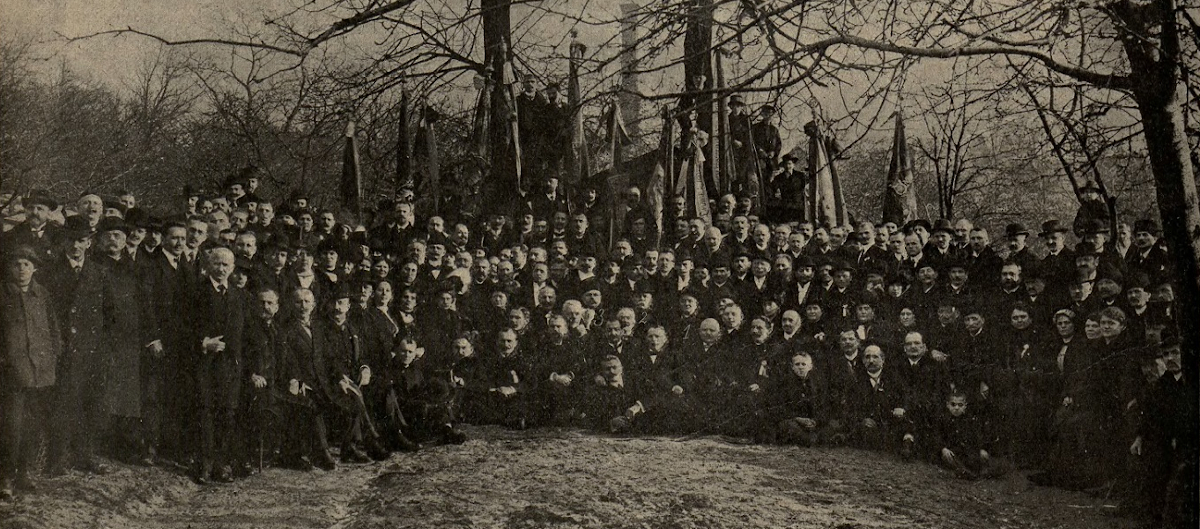
Feast of Lviv's tailors' "guild" (1900)
St. Anna's day, July 29, was considered a professional feast of Lviv's tailors' "guild." The restoration of this celebration practice at the city-wide level had a strong political basis. The initiators of the event referred to a tradition that existed before the 1772 partition of Poland in Lviv and, according to the organizers, was supposed to be restored in 1900.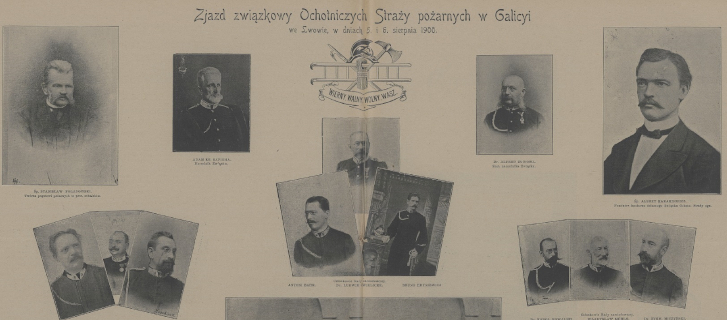
Celebration of the 25th anniversary of the Regional Fire Association foundation
On August 4-7, 1900 the celebration of the 25th anniversary of foundation of the Voluntary Local Fire Society (Ochotnicza straż pożarna) was held in Lviv. Delegates from other territorial fire societies of the area as well as the ones from Bukovyna and Czechia participated in the celebration.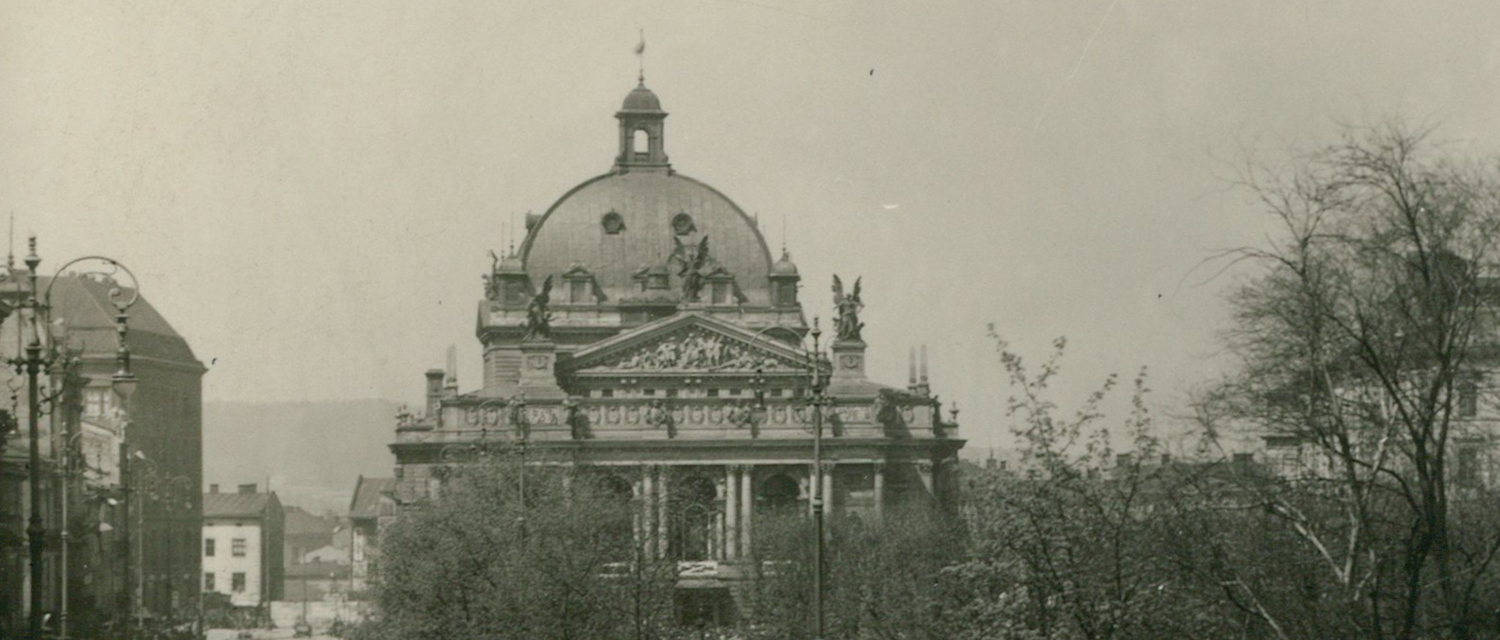
The opening of the City theatre
The new city theater (today, the Solomiya Krushelnytska Opera and Ballet Theater) was ceremonially opened on October 4, 1900. This opening became one of the major events in the city, a testimony to the maturity of the city community that managed to fund and hold such a construction.